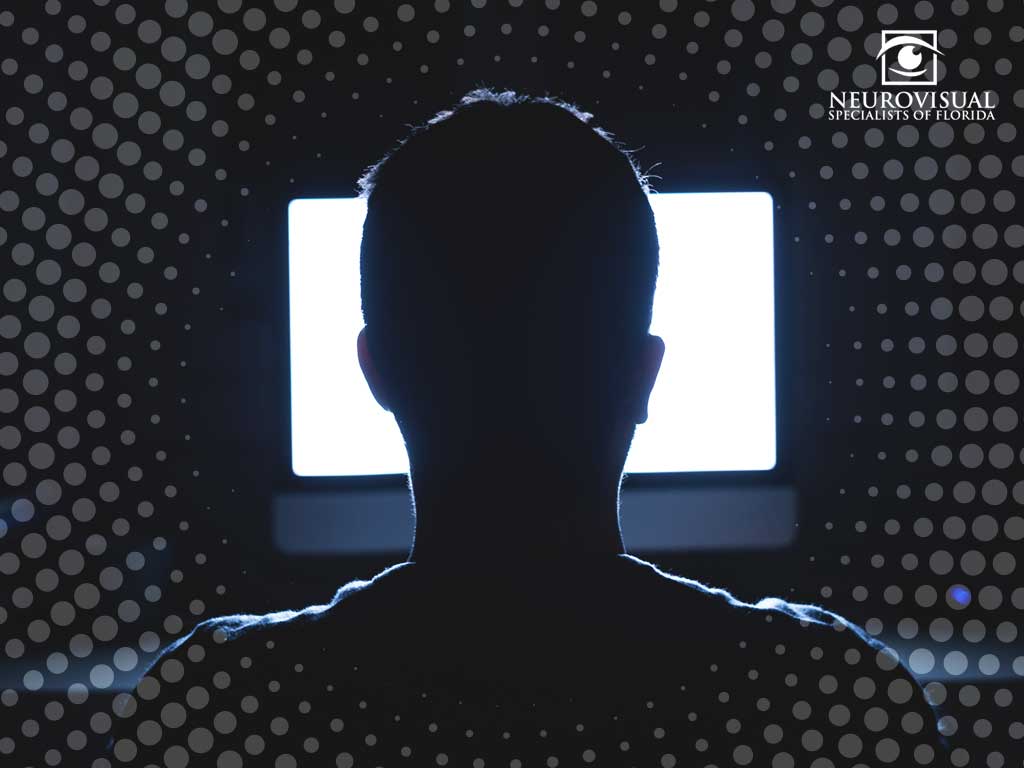When it’s time to sleep, it’s best to avoid too much light as much as possible. It tends to throw your biological clock and circadian rhythm out of whack. When this happens, your sleep will suffer and can cause eye strain and anxiety. Thankfully, there are ways you can minimize your exposure to light.

In this post, I See Vision Care discusses the various ways you can minimize your blue light exposure.
Use Dim Red Lights for Night Lights
If you’re the type who can’t sleep without a light source, then avoid using bright lights. Instead, use dim red lights since they can shift your circadian rhythm and increase melatonin production, the hormone that regulates sleep.
Avoid Bright Screens 2–3 Hours Before Bed
When your bedtime is approaching, it’s best not to use anything with bright screens at least two hours before. Blue light exposure can cause restlessness and insomnia so if you must, charge them in a different room or keep them away for the night so you don’t use them until you fall asleep.
Consider Using Glasses or Apps
If you work at night or at least need to use electronic devices at night, consider using blue-blocking glasses or blue light filter apps. Using electronics at night, especially in a poorly lit room, can weaken your eyesight and may even result in double vision. These glasses or apps can reduce the screen glare and resulting eye fatigue.
Blink
When using electronics, your blinking reduces by a significant rate. This makes you more susceptible to dry eye so it’s important you blink every now and then to keep your eyes moist and refreshed.
To find solutions for your headaches and dizziness that may be eye related, turn to I See Vision Care for your eye health needs. We are your number one provider of eye care services and binocular vision dysfunction tests. Give us a call at (561) 733-9008 or fill out our contact form to request an appointment.


